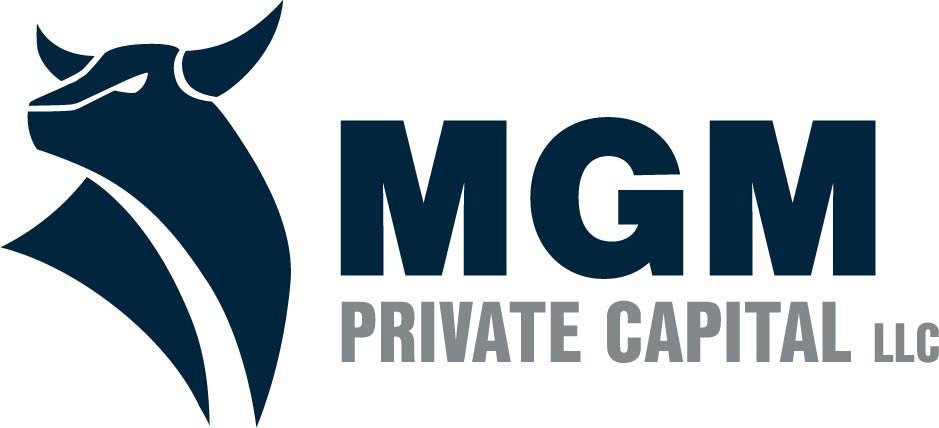“What’s the Rate?” vs. “What’s the Return?”
From Price to Productivity: A Smarter Way to Think About Private Capital
As investors, it’s easy to focus on cost when evaluating a deal. Rates, points, fees—we’re wired to evaluate purchases this way. But in real estate investing, capital shouldn’t be looked at as an expense, but rather as an accelerator for higher returns.
Using other people’s money (OPM) should be evaluated not by how much it costs, but by what it makes possible:
Can you do more deals?
Can you do better deals?
Can you exit faster, driving greater returns per year?
The investor who deploys $200K in private capital to close two projects rather than parking their entire savings in one has a compounding advantage. Even after interest and fees, the net income often outweighs what could be earned from a single unleveraged deal.
Don’t Ask “Where’s the Cheapest Money?”
Ask “What Gets Me The Best Return?”
In real estate, obsessing over the cheapest rate can be shortsighted. What really moves the needle is how efficiently your capital is working for you.
Instead of aiming for the lowest cost, savvy investors prioritize productivity. The right financing, even at a higher rate, can unlock returns that far exceed the cost of capital.
For example:
An investor has $200,000 in available funds. They can either:
Option A: Buy 1 property in cash and aim for a $50,000 profit after 12 months.
Option B: Use $100,000 as a down payment and borrow the rest to purchase 2 properties with short-term private loans. They could potentially net $35,000 each after fees and interest!
With Option B, their capital is doing twice the work—producing $70,000 instead of $50,000—despite paying higher interest.
The difference isn’t the rate. It’s the velocity and volume of capital at work.
Liquidity and Speed Create Leverage
We’ve talked about the current market in prior articles, so we know that great deals are moving fast. In competitive markets, speed wins. Having access to capital lets you make stronger offers, often before a property hits the open market.
Private lending with a clear, structured process can mean the difference between a missed deal and a profitable opportunity. That kind of agility matters more than a few points on a rate sheet.
We’ve seen clients:
Use private capital to flip three properties per year instead of one.
Recycle down payment funds through short-term loans and value-add refinances.
Enter markets or price points that would’ve been out of reach without additional funding.
You don’t have to go bigger. Instead, try to do smarter business with the resources you have.
Private Lending Is a Relationship, Not a Transaction
At MGM, we’ve learned over the years that no two borrowers are the same, and neither are their goals. Some are focused on short-term income. Others on long-term equity. Some are seasoned developers, while others are building their rental portfolios.
What they share in common is an understanding that capital is a tool.
Private capital is not meant to replace discipline, due diligence, or strong underwriting. It’s meant to support it. It allows the investor to move with intention on deals that will get them the best return in the shortest amount of time.
The Bottom Line: Ask Better Questions
As you evaluate your next project, we encourage you to go beyond the surface-level math.
Does this funding strategy increase my capacity to do business?
Will it reduce my timeline and boost returns, even after costs?
Am I optimizing for control and scale—or trying to save pennies at the expense of momentum?
Because in the end, “What’s the rate?” is less important than “What’s the return?”
At MGM Private Capital, we help investors put capital to work with confidence.
If you’re evaluating a new project or want to talk through a funding strategy that aligns with your goals, we’re here to listen and lend where it makes sense.
Let’s keep your momentum moving!
At MGM Private Capital, we actively support real estate investors across Southeastern Wisconsin with trusted capital options and offer opportunities for capital partners to grow alongside us.

